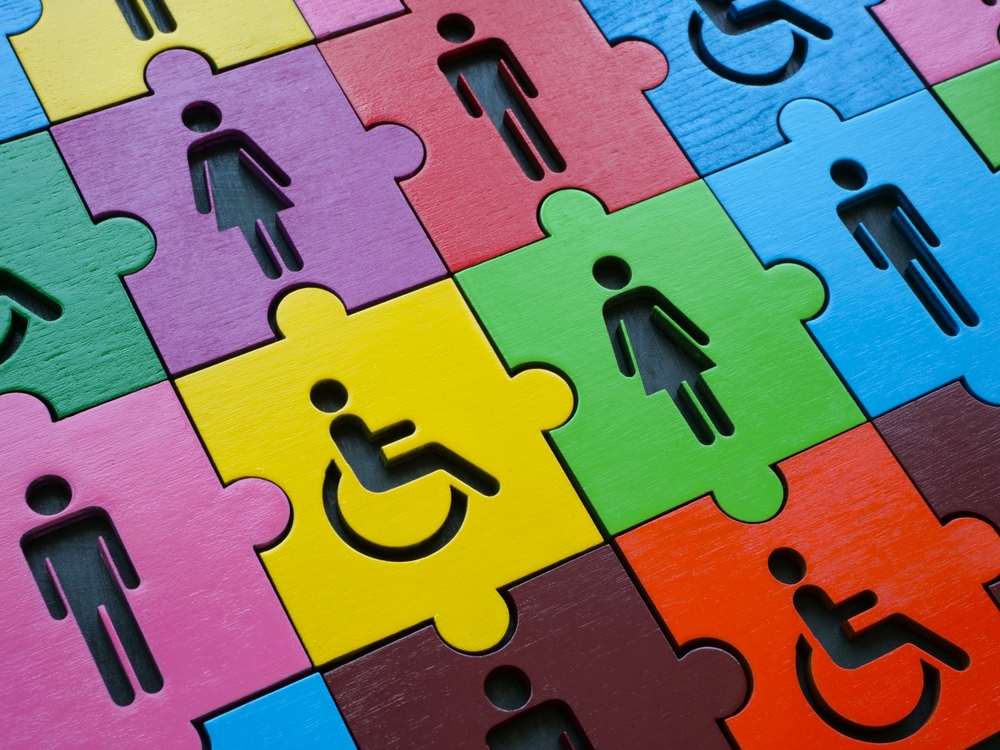As organisational hierarchies and layers diminish, developing personal effectiveness and influencing skills is essential in today’s workplace. Success and outcomes can only be achieved through, with and from others. Being able to influence without formal authority is an essential skill, and we cannot do this without confidence, clarity of purpose and the communication skills to fully express ourselves. And as leaders our roles require that we draw on who we are, as well as what we do to inspire and engage our people.

But influencing skills is not just about getting others always to agree to our point of view – we may be able to influence them to cooperate with us AND they may not always agree with us. It is not about winning at all costs and having to get our own way all of the time. It is not about forcing or getting others to change – we cannot change others.
Influencing skills IS about behaving in ways that offers others the invitation to change (their behaviour, attitudes, thoughts, and ways) and/or accommodate your own wishes whilst accepting that they may be unable to or unwilling to, or are unprepared to meet our request to be influenced.
Definition of influencing skills
Susan Jeffers, author of Feel the Fear and Do it Anyway, defines influencing as
“not the ability to get someone to do what you want them to do, it’s the ability to get yourself to do what you want to do”
At Roffey Park one of the definitions we use on our programmes is:
“Everything we say or don’t say, do or don’t do, are or are not, that modifies, affects, or changes someone else’s behaviour, thoughts, or actions, consciously or unconsciously, for good or for ill.”
Whether we like it or not, the fact is we are using influencing skills all the time and not just by our actions. Our very presence at a meeting may influence people positively or negatively. The style or nature of our presence, what we say or how we say it and the attitude we (unconsciously or otherwise) project speaks volumes.
The smarter we can get at knowing what we do, or what it is about us, that impacts on others, the more personally effective and powerful we can become.
Ten key influencing skills
Observation – paying attention to non-verbal behaviour – what is not said, how a person may be feeling, paying attention to your own thoughts, feelings, hunches and intuitions

Interpretation – to understand and respond to non-verbal behaviour – what do particular body signs, changes in skin colour, breathing, demeanour, etc.
Active Listening – to hear what is said and to hear what is implied or not said as well as being able to communicate in your own words what the other person has said and reflect their feelings as well as summarising checks for clarity and agreement.
Feedback – offer feedback to the other person about what you see, interpret, hear as well as what you feel and intuit. Elicit feedback from others to develop your own self-knowledge and your impact on others.
Awareness – be aware of yourself, moment by moment, particularly of behaviour patterns which are counter-productive, your limiting thoughts, beliefs and reactions.
Choices – recognise at any moment that, if how you are behaving is unproductive, you can change your own thoughts, feelings and behaviours.

Self-confidence – to feel confident about yourself in the face of resistance or conflict. This confidence should be based on acceptance of self and not on felt superiority to the other person.
Timing – be able to get the timing right such as when to give feedback and when not to, when to use choice ‘A’ or ‘B’, when to retreat or be persistent and when to let go completely.
Intuition – trust your own feelings or hunches about the likely patterns of the other person’s behaviour, to listen to your positive, inner voice.

Other’s Viewpoint – to look at your objectives (what you want) from the other person’s point of view. You cannot control or order them to agree so decide what’s in it for them, sell them the benefits, consider their feelings and be prepared to alter your position.
Today’s working environment depends very much on relationships and influencing skills – both working with and through other people. It is rare that you can be personally effective and influence others positively without the reciprocal giving to and taking from others that creates opportunities for your growth and your effectiveness – and you can only achieve this if you have the support and challenge that only other people can give you.
Programmes to improve your personal effectiveness, influencing skills and relationships at work:
Developing Influence and Impact is a four-day experiential programme which develops personal effectiveness skills and techniques that strengthen workplace relationships. The programme runs in Horsham, Manchester and Bristol.
Customised programmes
Need to talk about your organisation and work out a bespoke training plan? Get in touch today





